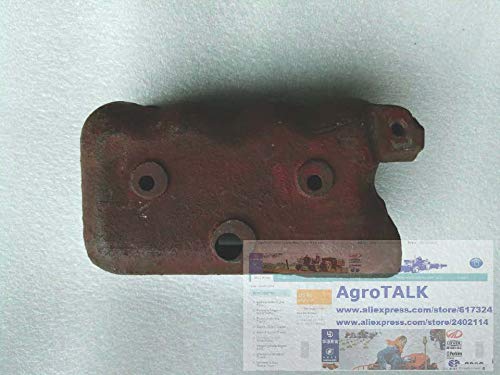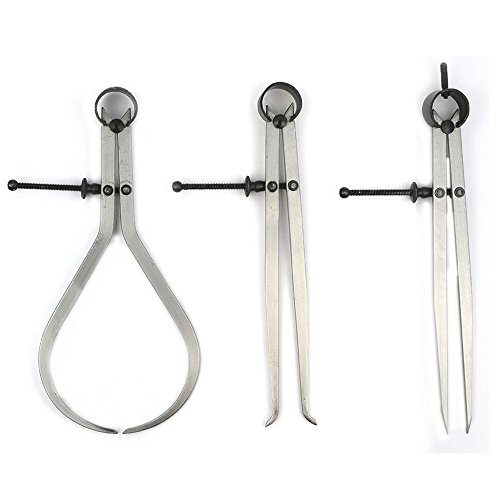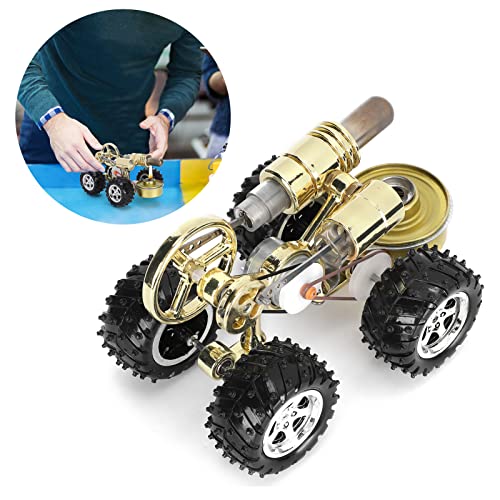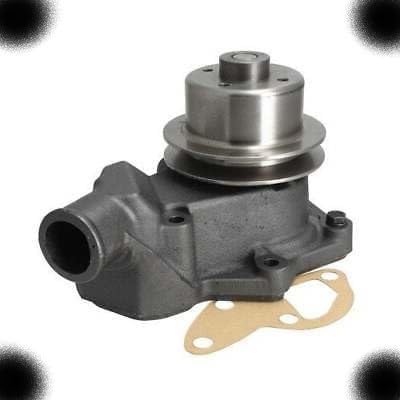Hi,
As a verean in my 70s I envy you the opportunities that are available nowadays as well as the journey you have before you in this great hobby. As others have said be patient in learning the necessary skills and the time spent will repay you many times over in future. There is a lot af skill and knowledge needed in undertaking complex projects and without those skills it can cause great disappointment and even destroy your confidence, be patient it will happen. Start small and simple, perhaps a wobbler or two to gain confidence and some skills and then something like a Stuart 10 which is a very satisfying small engine or look on
John Tom's site for the many free plans that are there - from simple to complex.
The basics necessary to begin are a few hand tools for measuring, cutting and filing etc, again start simple with justt a few and build up as needed. As for a machine I would look for a small lathe - the king of machines - there are many available such as the Seig 'Baby' which I have used in the past and can be carried around easily and installed on a small table and hidden away in a cupboard but if you have a bit of space a machine such as the
Seig SC2 for example which is a 7 x 12 mini lathe and at 44kg can be just about be lifted and carried comfortably by one fit person. While a milling machine is desireable it is not, unlike the lathe, essential. Much milling work on small engines can be carried out on the lathe without much additional equipment, I would not recommend a 'combination lathe/mill'. A late departed friend of mine built an award winning
vee 8 aero engine using his Myford lathe as a milling machine as well as it's normal mode.
I would do some basic reading first before starting, there are also some very good books about the using the lathe intended for beginners which develop the skills needed through projects rather than exercises. Try '
Milling Operations in the Lathe' and one of the many basic books on lathework such as the old but good
'The Amateurs lathe', although there are many similar alternatives as a browse on Amazon or ABE books will show but I can only recommend what I know.
There is also good old YouTube where there are an almost limitless range of useful videos, (but look out as there are 'The Good, The Bad and the Ugly'), as well as very many excellent forums like this one. I should also add that youi need to understand safety rulles, it's surprising the very serious injuries that can be caused by these machines. Enjoy your journey.
TerryD




































































